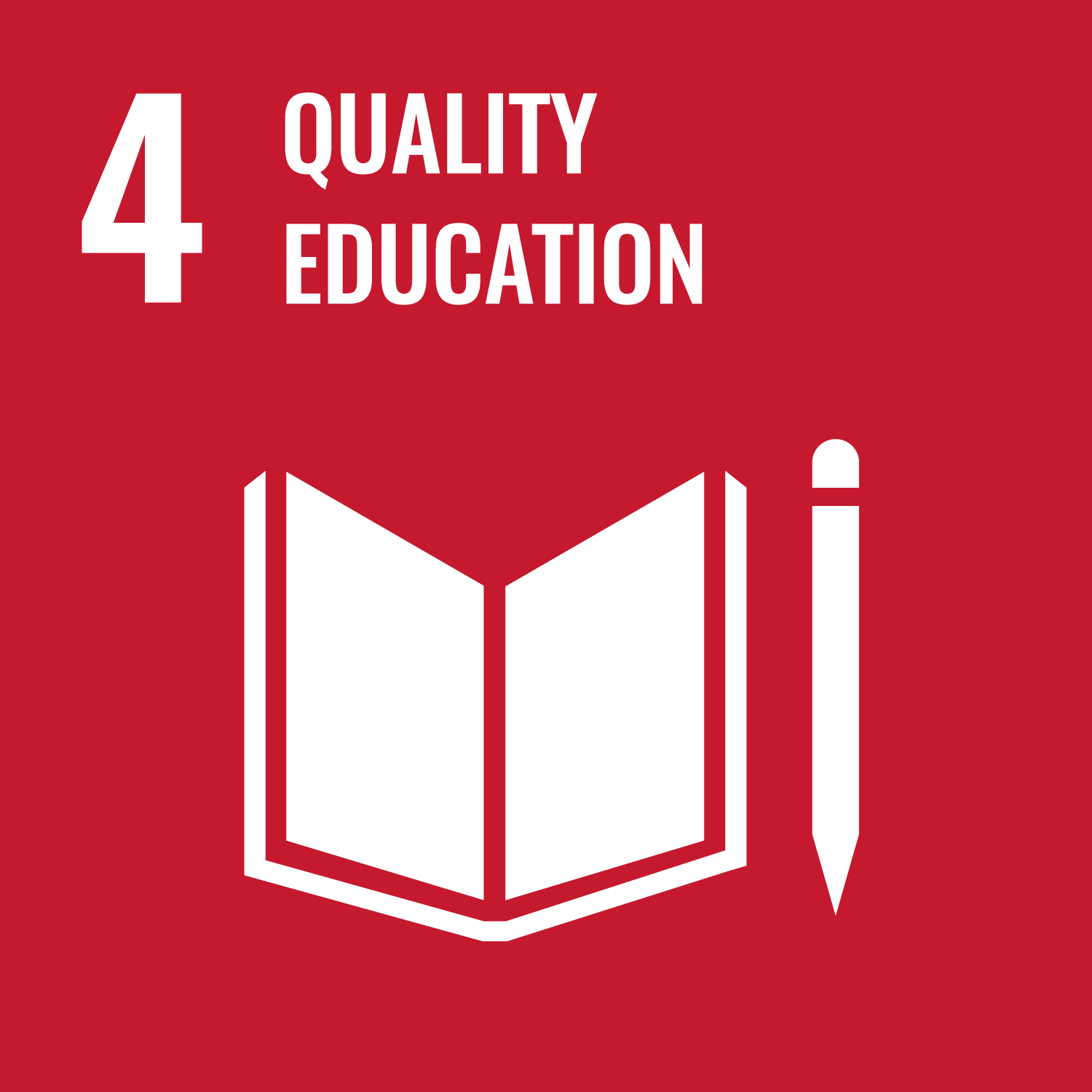SDGs Idea Contest Held For Four Schools
- Education
- Sophia School Corporation
- Student Staffs
An SDGs Idea Contest was held at Yotsuya Campus for students of the four junior high and high schools established by Sophia School Corporation (Eiko Gakuen, Kanagawa Prefecture; Rokko Junior/Senior High School, Hyogo Prefecture; Hiroshima Gakuin Junior and Senior High School, Hiroshima Prefecture; Sophia-Fukuoka Junior-Senior High School, Fukuoka Prefecture) as a venue for cultivating the generation who will lead society in the future.
In addition to 31 students from the four schools who passed the initial screening, 11 Sophia University students serving as student staff from the Office of Sophia Sustainability Promotion who were in charge of the planning and operation of the contest also participated in the contest. It was the first opportunity for junior high and high school students and student staff who harbor the same aspirations to tackle the international issue of promoting sustainability to assemble together.
In his opening address, Sali Augustine, who was the Director of Office of Sophia Sustainability Promotion at the time and chief judge of the contest, said, “This opportunity for students to meet for the first time and collaborate on tackling issues is truly the embodiment of the UAPs. The planning and operation of the contest was carried out by the Planning Team and participants were divided into eight teams of five comprising one student staff member and four junior high and high school students from different schools and school years. They engaged in various groupwork activities under the theme of “Recruiting people to create a sustainable future together! Considering ideas for the future of learning through teamwork.”
First of all, they used a map containing a wide range of social issues to categorize the 17 SDGs into goals they had an interest in and goals they were less familiar with. This was a chance for students to visualize how well they understood sustainability overall. Then they carried out brainstorming, writing down matters and times that excited them, with the aim of generating ideas to recruit more people to the cause. Team members could be seen gathered around worksheets, dynamically sharing their own knowledge and experiences. Finally, each team decided on and polished up one idea and considered the personnel and other considerations needed to realize it. In the time remaining, all the teams fleshed out their ideas.
One group used Hakata Station as a local venue for the idea presentations. Another group presented ideas inspired by theme parks that were brimming with originality from a school student perspective, and the winning idea was The Game of Humanity, an educational board game that uses sustainability as its main theme.
The students were able to have fun interacting with each other while addressing issues, making it an experience with significance for the future. A second-year junior high school student from the winning team shared their thoughts, saying, “I learned that accepting differing opinions led to the creation of better ideas. By talking together, as people of different ages and from different environments, we were able come up with completely unexpected ideas. It was fun.”
Ms. Yamamoto (fourth year, Faculty of Global Studies), a student staff member who was in the same team, reflected on the contest, saying,“ I was witness to an incredible experience where team members earnestly exchanged and contested opinions and eventually settled on an idea that reflected the team. Even as a university student, I also learned a lot.”


